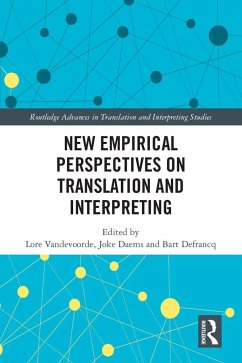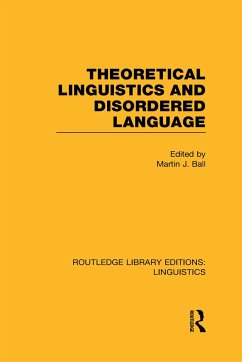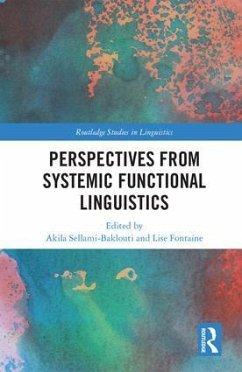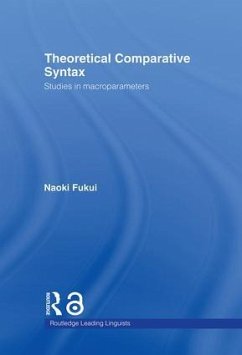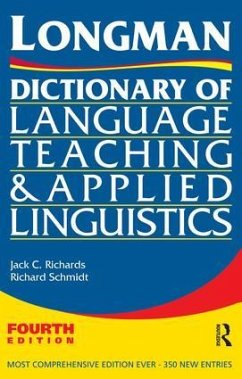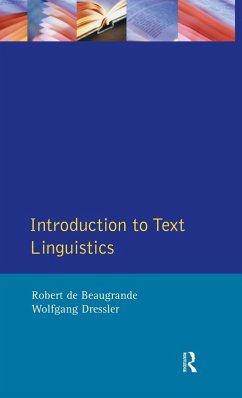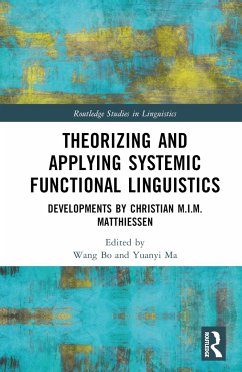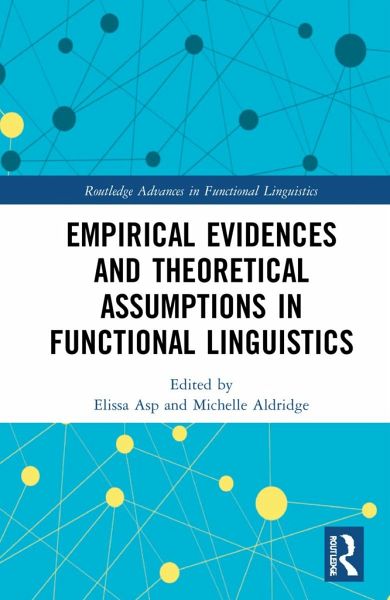
Empirical Evidences and Theoretical Assumptions in Functional Linguistics
Versandkostenfrei!
Versandfertig in 1-2 Wochen
149,99 €
inkl. MwSt.

PAYBACK Punkte
75 °P sammeln!
This collection explores the relationships between theory and evidences in functional linguistics, bringing together perspectives from both established and emerging scholars.






